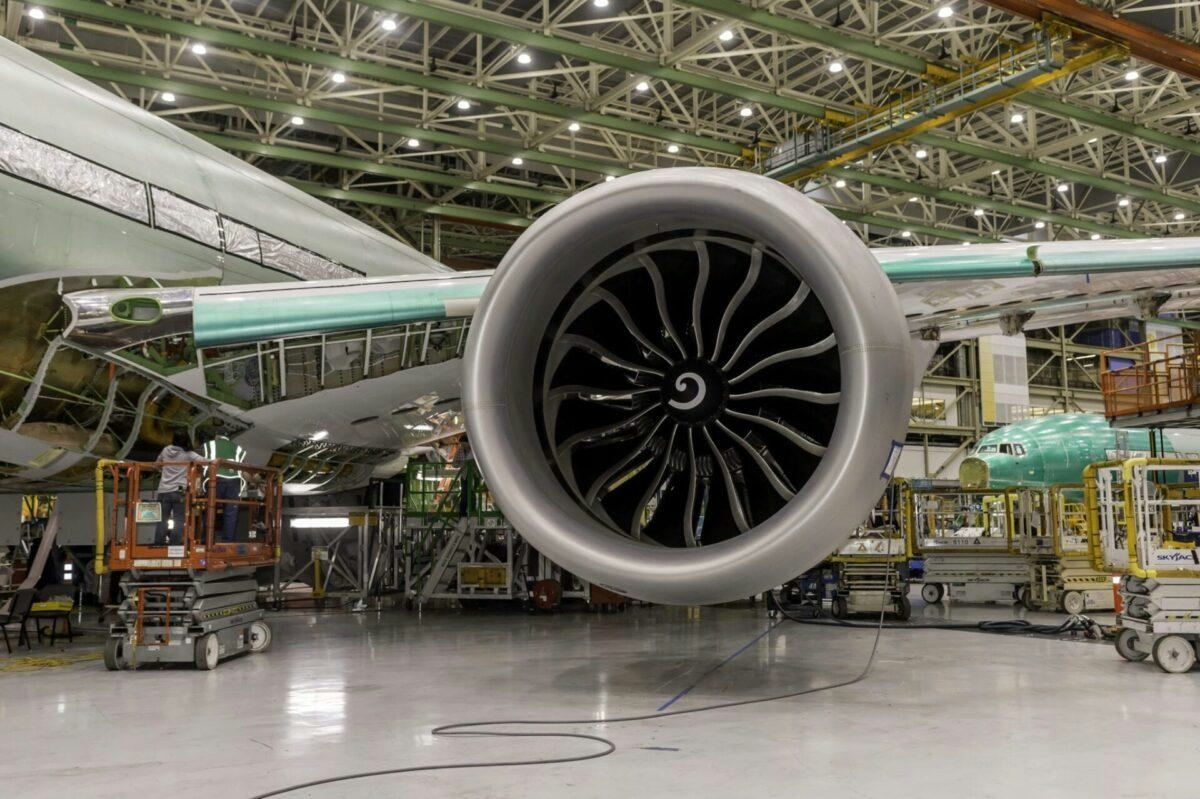AeroGenie — Ihr intelligenter Copilot.
Trends
Categories
Who Manufactures Boeing’s Jet Engines and Are They Used by Airbus?

Who Manufactures Boeing’s Jet Engines—and Are They Used by Airbus?
American aerospace giant Boeing has faced significant scrutiny in recent years, particularly following a series of fatal crashes and technical issues involving its 737 Max aircraft. Despite these challenges, the aircraft’s engines have remained largely uncontroversial. While Boeing designs and manufactures the 737’s distinctive flat-bottomed nacelles—the casings that enclose the engines—the turbofan engines themselves are produced by specialized global manufacturers.
The Role of CFM International and Engine Usage Across Manufacturers
The leading supplier of jet engines for commercial aircraft is CFM International, a joint venture between the United States’ General Electric (GE) and France’s Safran. CFM’s fuel-efficient LEAP (Leading Edge Aviation Propulsion) engines power every Boeing 737 Max currently in operation, securing the company a commanding 39% share of the global jet engine market. Importantly, these LEAP engines are not exclusive to Boeing; they also equip certain Airbus A320 models, which directly compete with the 737 and are primarily assembled in Europe. This cross-manufacturer usage underscores the interconnected nature of the aerospace supply chain.
Beyond the 737, Boeing’s commercial aircraft portfolio includes widebody jets such as the 777 and the technologically advanced 787 Dreamliner, both of which serve long-haul and high-capacity routes. The engines for these larger aircraft are sourced from other major manufacturers, including GE and Rolls-Royce, reflecting a diversified approach to propulsion systems within Boeing’s fleet.
GE Aerospace’s Expanding Global Influence
GE Aerospace’s influence extends well beyond its partnerships with Boeing and Airbus. In a notable development amid easing U.S.-China trade tensions, the U.S. government has authorized GE Aerospace to resume shipments of jet engines to China’s state-owned Commercial Aircraft Corporation of China (COMAC). COMAC aims to challenge the dominance of Boeing and Airbus in the global market. Under these licenses, GE will supply LEAP-1C engines for COMAC’s C919 single-aisle aircraft and CF34 engines for the C909 regional jet, reinforcing GE’s pivotal role in the international aerospace industry.
Meanwhile, production delays at Boeing, coupled with rising demand for aftermarket maintenance, have led GE Aerospace to raise its profit forecast for 2025. As airlines worldwide strive to maintain and upgrade their fleets amid ongoing supply chain disruptions, engine manufacturers such as GE and CFM are positioned to benefit from both new orders and expanded service contracts.
In essence, while Boeing assembles its aircraft and certain components, the engines powering its jets—and those of its competitors—are the product of a complex, global network of manufacturers. CFM International and GE Aerospace remain central players in this dynamic and highly competitive industry.

Electric Aircraft Market Outlook Through 2035

Capital A Completes Sale of Aviation Business to AirAsia X

Four Gateway Towns to Lake Clark National Park

PRM Assist Secures €500,000 in Funding

Should Travelers Pay More for Human Support When Plans Go Wrong?

InterGlobe Aviation Shares Rise 4.3% Following January Portfolio Rebalancing

Key Market Segments Shaping Airline Route Profitability Software

Locatory.com Gains Traction Among Aviation MROs and Suppliers

JetBlue Flight Makes Emergency Landing Following Engine Failure

58 Pilots Graduate from Ethiopian University
